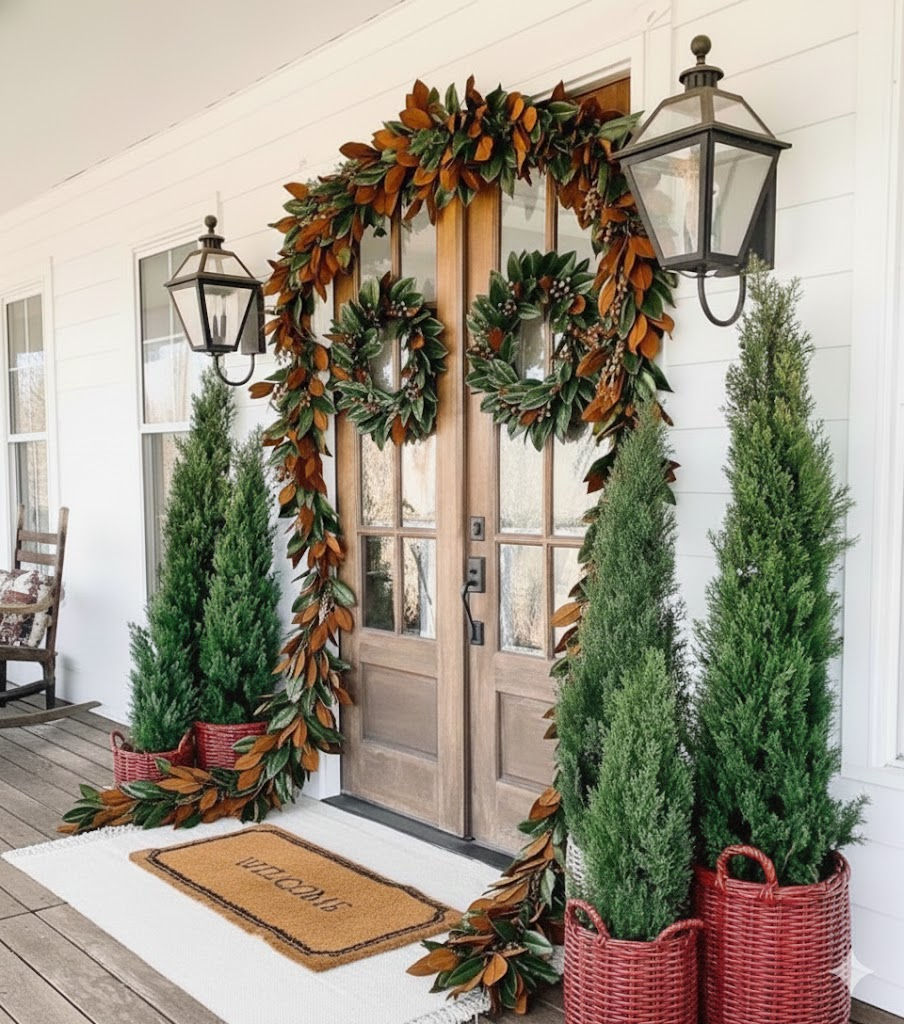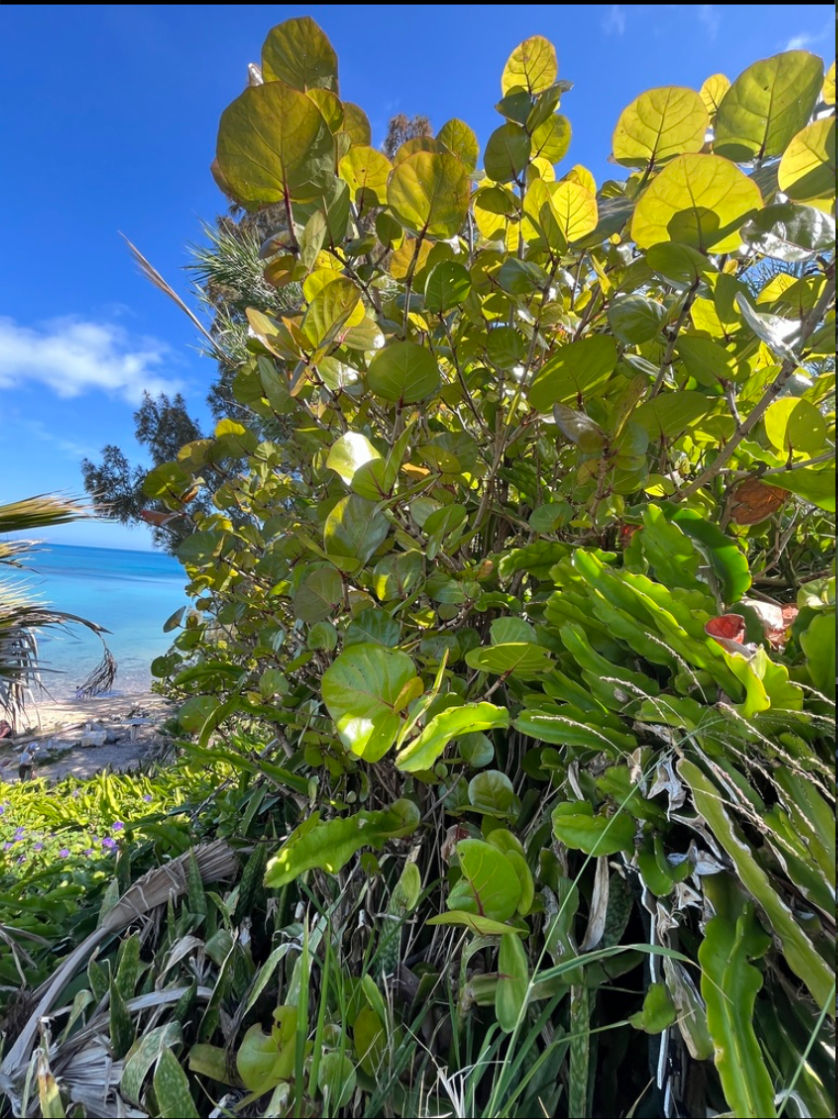- Status in Florida: Cultivated, Florida Friendly
- Native Habitat: Hybrids of species native to Eastern Asia (China, Japan)
- Growing Zones: 6-9
- Size at Maturity: 3-6 feet tall and wide, depending on cultivar. Some larger cultivars can reach 8 feet
- Phenology: Semi-evergreen to evergreen (depending on climate), some deciduous in colder regions
- Life Cycle: Perennial
- Growth Rate: Moderate
- Growth Habit: Mounding, spreading, arching. Woody, semi-woody
- Bloom Season: Summer to Fall
- Bloom Color: White, pink, or light purple
- Sunlight Requirements: Full sun to part shade
- Soil Texture: Adaptable to various soil types, including sand, loam, and clay, provided there is good drainage
- Soil pH: Slightly acidic to neutral (adaptable)
- Moisture Requirements: Average to well-drained. Tolerates some drought once established
- Tolerance to Salt Spray: Some spray
- Keystone Plant: No
- Recommended Landscape Uses: Hedges, borders, foundation plantings, specimen plants, informal gardens, and attracting pollinators
- Maintenance Tips: Prune lightly to maintain shape. Remove dead or damaged branches
- Considerations: Can become leggy if not pruned
- Hurricane Wind Resistant: Yes, moderate resistance
- Erosion Control: Yes, due to its root system and mounding growth
- Nitrogen Fixing: No
- Edible: No
- Pet Safe: Generally considered non-toxic to pets, but ingestion can cause mild gastrointestinal upset. Caution.
- Deer and Rabbit Resistance: Moderate
- Historical Medicinal Uses: None widely recorded
- Florida Native Companion Plant (matching growing conditions):
- Walter's Viburnum (Viburnum obovatum)
- Beautyberry (Callicarpa americana)
- Simpson's Stopper (Myrcianthes fragrans)
- Wildlife Benefit: Pollinators (bees, butterflies), birds (for shelter)
- Caterpillar Host Plant: No
- Propagation: Cuttings (semi-hardwood), layering
top of page
Amelia's Native Wildflowers, LLC | Nassau County's Native Plant Nursery
Free Shipping on orders over $85 | COUPON CODE: WREATHS |
PriceFrom $10.00
Sales Tax Included |
Customers Also View
Your content has been submitted
Your content has been submitted
Your content has been submitted
Your content has been submitted
bottom of page































